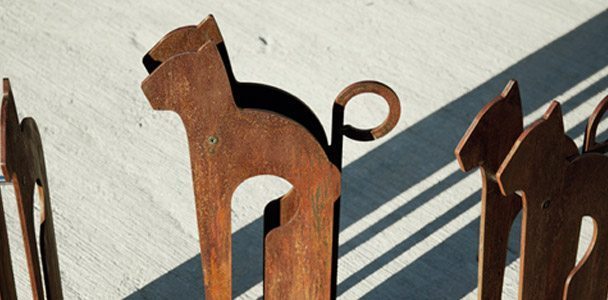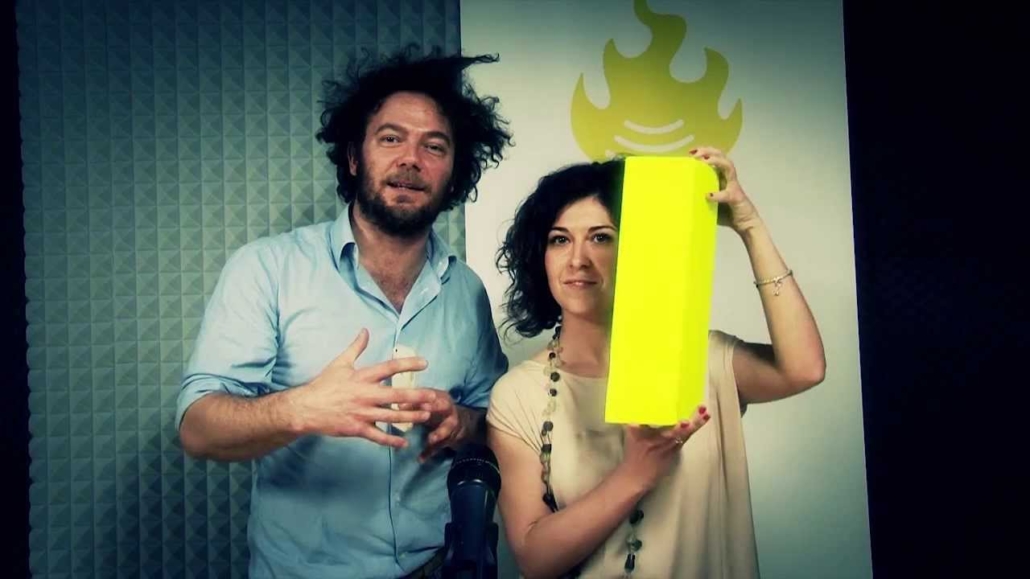Buscoldo | Realizzatori di Idee
Joinery isn’t what it used to be, not in Buscoldo. That’s where a carpentry business producing fine contemporary fittings for bars and restaurants evolved into a hotbed of creativity – with the means of production to hand. Brothers Daniele and Davide Barbieri co-founded Realizzatori di Idee in this village about 10 km outside Mantua. Daniele’s the master woodworker, skilled in techniques both ancient and cutting-edge and a dab hand at design too. Davide studied art and architecture, specialising in interior design, and is anything but inept in the arts of joinery. Both broadened their professional horizons outside their home country. Realizzatori di Idee, with a dynamic cast of artist-designer friends co-working with the Barbieri brothers, is where great ideas are shared, developed and become feasible projects.
First and foremost iTòch, an ingenious acoustic amplifier for smartphones. Or just a piece of wood, which is what its odd-sounding name means in the dialect of this south-eastern corner of Lombardy (tòch, that is, apparently). Both! Which is exactly what makes it ingenious. There are no batteries, no circuits, no high-tech components; just a type of wood – Douglas fir – and a canny shaping and hollowing out. You slip your phone in at the top and get 30% amplification and a better sound quality to boot. The Barbieri brothers together devised iTòch, and they shape each and every one and finish it by hand right there in Buscoldo.
What else? Daniele’s invented the numbered Faber Tables, each one an old joiner’s workbench restored and upcycled, each one unique. Then there’s Loppy, a weird and wonderful way to serve cold cuts, Davide’s brainchild. A bee hotel for solitary bees (Daniele Barbieri and Paola Scuteri) – really – and the Bubble Beehive (Ada Bisziok and Nicolò Donna). And more funky projects in areas ranging from toys to visual communication. Never forgetting they still do interior and contract design too, and extremely well judging by their international client list. Proudly putting that Made in Mantua – Italy mark on all they produce takes ambition and lots of R&D, but also an enormous respect for their artisan roots: 80% of their work is still manual.




